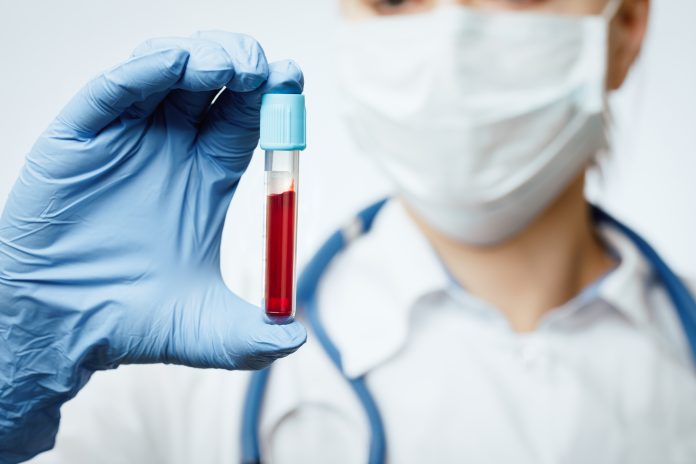According to IQVIA Consumer Market Research (June 2021), one in three women tolerate exhaustion and fatigue for more than six months before seeking diagnosis, which in many cases is low iron.
Jean Hailes Gynaecologist Dr Elizabeth Farrell says it is common for women to ignore symptoms of exhaustion or fatigue, or attribute them to other lifestyle factors.
“They will typically say their tiredness is due to being busy and doing a lot of running around,” says Dr Farrell.
“The problem is tiredness is such a diffuse subject and can mean so many different things that people don’t consider it a reason to investigate a potentially bigger problem.
“There is not enough awareness about just how important iron is and how central it is to wellbeing,” adds Dr Farrell.
‘The world’s most prevalent nutrient deficiency’
According to the World Health Organisation (WHO), iron deficiency is the worlds most prevalent nutrient deficiency, affecting approximately one third of the world’s population.
Those most at risk are said to be premenopausal and pregnant women.
It is thought that up to 5% of the Australian population has iron deficiency anaemia cause by low iron stores.
Common symptoms of low iron include:
- Tiredness
- Fatigue
- Dizziness
- Breathlessness
- Poor concentration
- Poor cognition.
How pharmacy staff help
Regarding treatment of low iron, a national survey for Vifor Pharma, of 400 women aged 25-54 with low iron reported that after GPs, pharmacists and pharmacy assistants are the next most trusted health professional.
In fact, 28% of respondents reported visiting their local pharmacy for advice when they suspected iron deficiency.
The survey found that pharmacy staff were more likely to recommend a therapeutic-dose of oral iron supplement (68%) as a treatment, while 36% of respondents were recommended other vitamins and minerals.
According to the survey, respondents who did not consult pharmacy staff were less likely to choose a therapeutic oral iron supplement (34%), while 48% elected to take a non-therapeutic dose vitamin or mineral supplement.
Of those who sought advice from pharmacy staff, 32% were advised to consult their GP.
Additionally, the survey also found almost 40% of respondents only discovered they were iron deficient incidentally through other procedures such as routine blood tests.
Other key findings include:
- 75% of respondents describe iron deficiency as having a moderate to major impact on their daily lives, with 13% unable to live their life as fully as they want to;
- Two in three women experienced the effects of low iron for more than a year, with 27% classified as long-term sufferers (5-10 years).
- Tiredness, fatigue, shortness of breath and malaise were the biggest trigger to seek information or advice (43%);
- 81% of women saw a GP when they suspected they had low iron;
- Of the 95% who had a blood test, 88% were diagnosed with iron deficiency; and
- 87% of those who consulted a GP were advised to receive an iron supplement treatment.
‘This is what I should have been feeling like’
Lily Barkhouse, 24, began suffering symptoms soon after the onset of her period, experiencing feelings of exhaustion after exercise, dizziness and constant tiredness at school and university.
Her GP diagnosed her with endometriosis and iron deficiency.
After being treated for heavy bleeding, she also received treatment for low iron, with almost immediate effect.
“I was amazed at how different I felt after,” says Ms Barkhouse.
“I thought, ‘So this is what I should have been feeling like’. I was even able to stay awake through lectures.
“I think it’s important that people get their iron checked if they have any symptoms. It is so common to have low iron and there is a solution.”
Women can check for iron deficiency warning signs by taking the symptom checker test at takeironseriously.com










